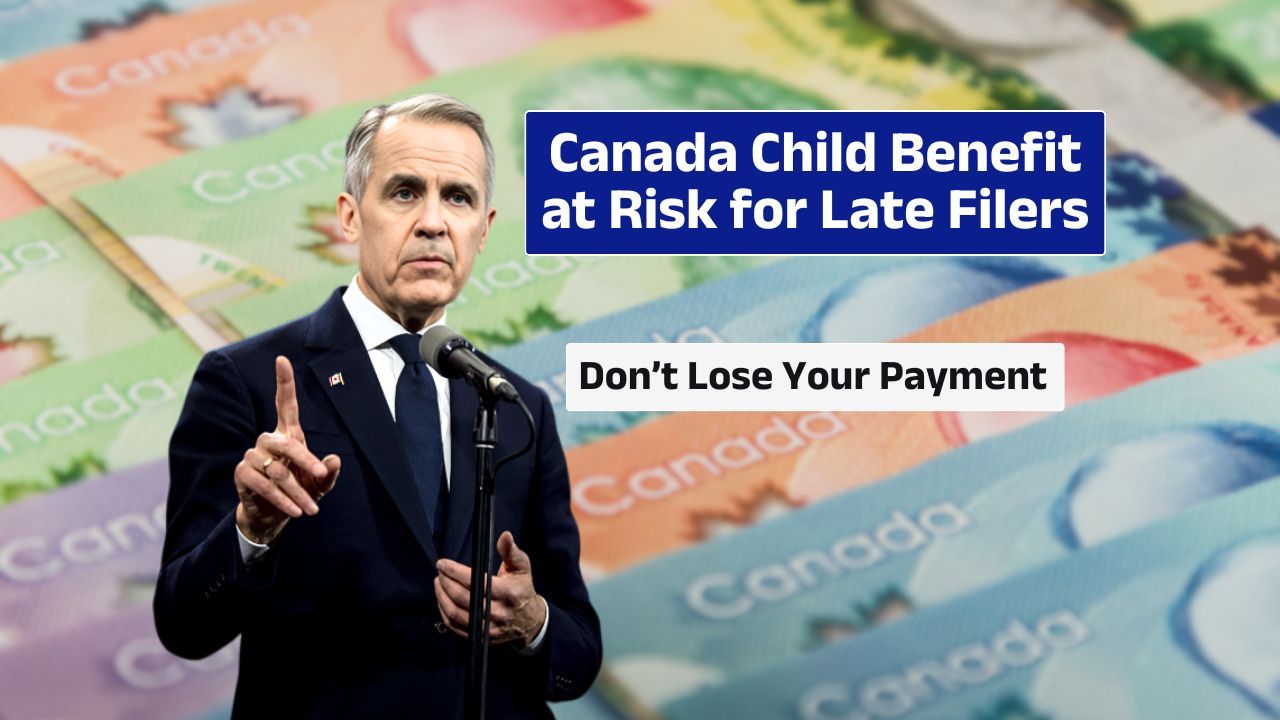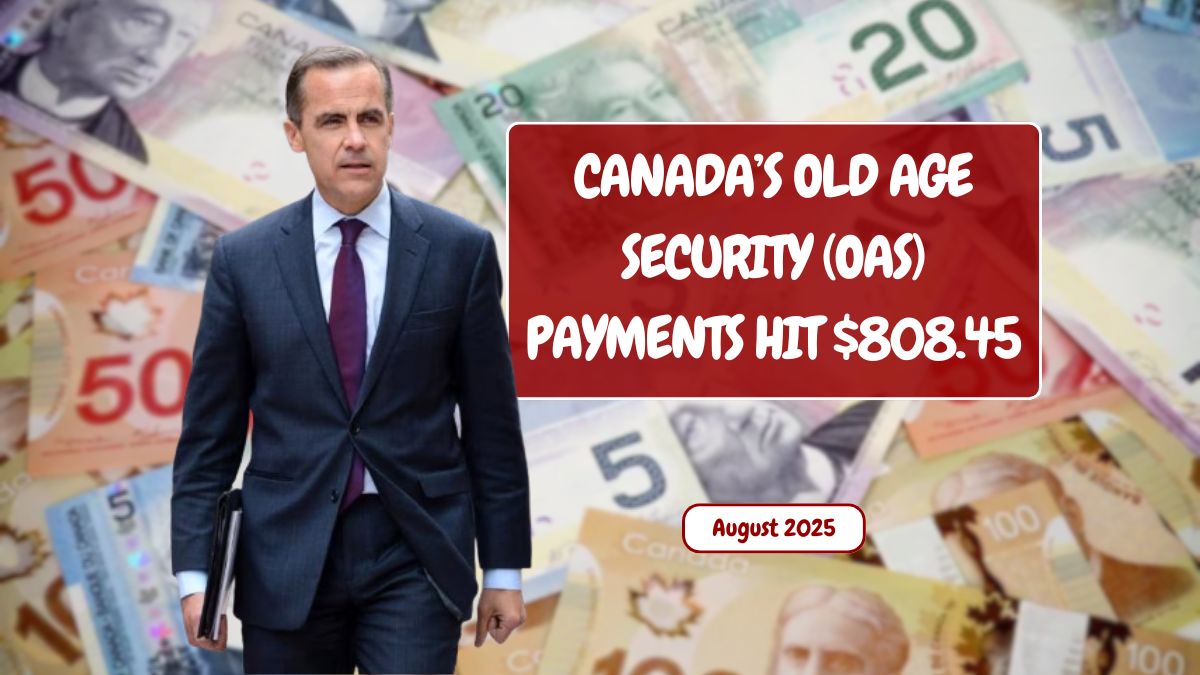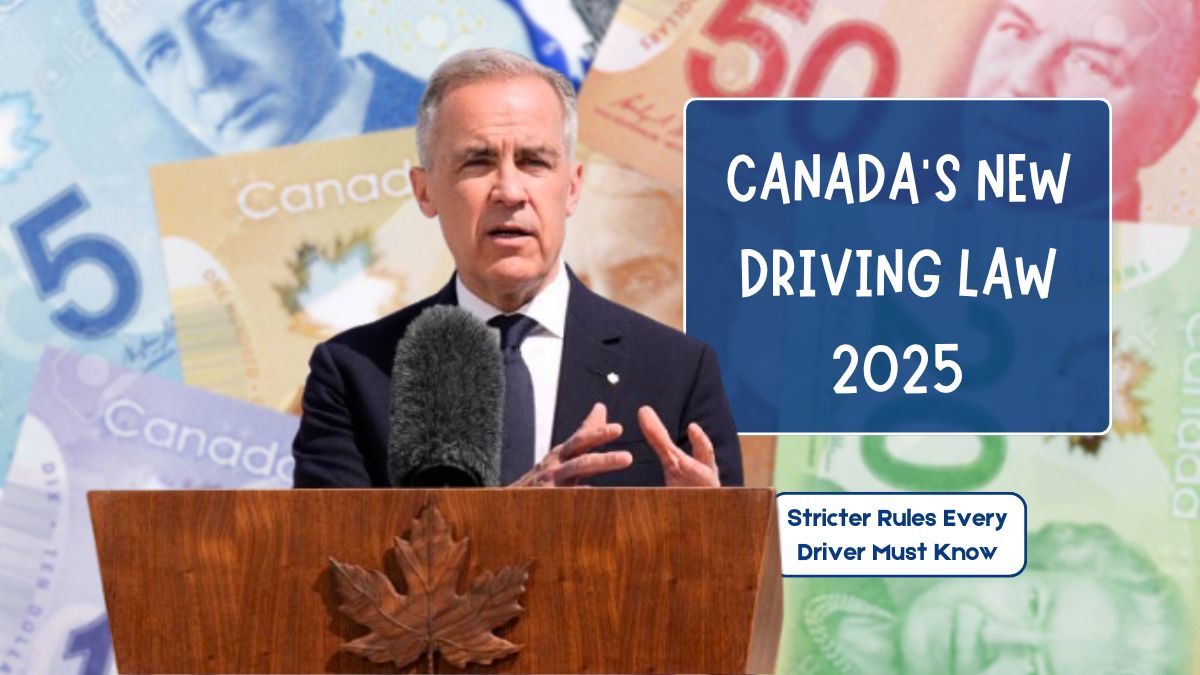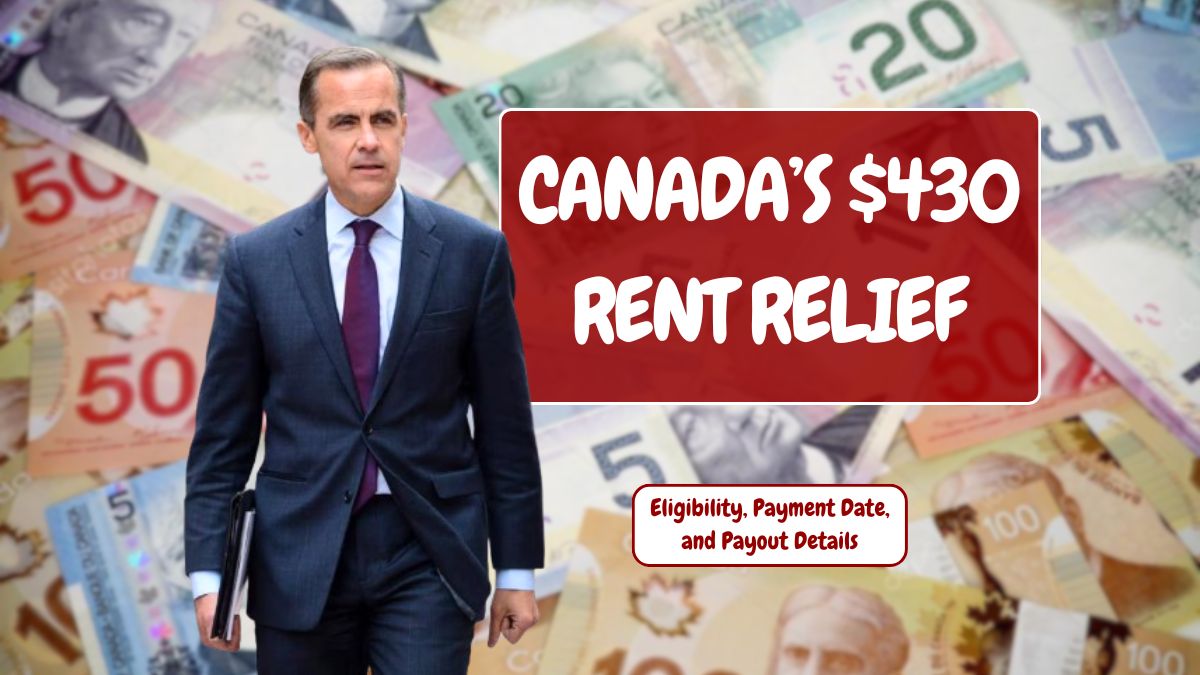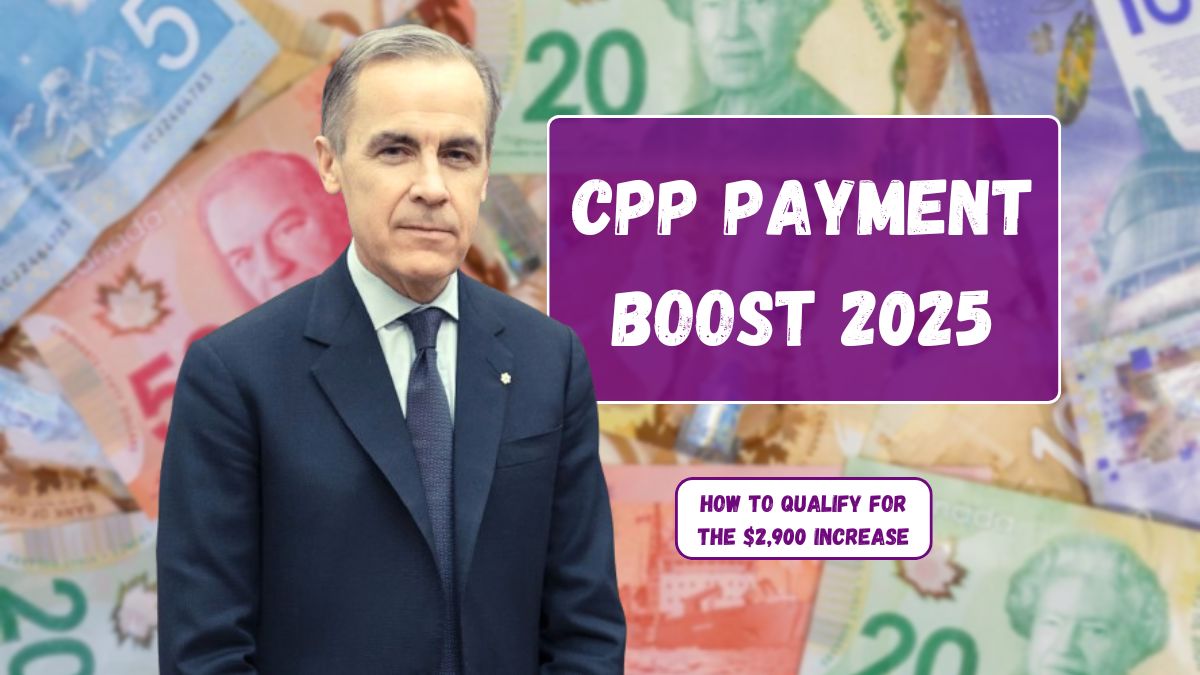The Canada Child Benefit (CCB) is a lifeline for millions of families, but there’s a catch — if you miss the tax filing deadline, your payments could stop. Yes, even if you’re eligible, the Canada Revenue Agency (CRA) won’t release the funds until your taxes are filed.
In this guide, we’ll break down exactly why that happens, what penalties could apply, and how you can make sure your CCB keeps coming without a hitch.
Overview
| Key Information | Details |
|---|---|
| What is the CCB? | A monthly tax-free payment to help families with the cost of raising kids. |
| Eligibility Requirement | Both parents must file taxes each year. |
| Filing Deadline | April 30 (June 15 for self-employed, but taxes still due by April 30). |
| Late Filing Penalty | 5% of unpaid taxes, plus 1% per month. |
| How to Stay Eligible | File on time, keep info updated, use direct deposit. |
Importance
Think of your tax return like your CCB passport. Without it, the CRA doesn’t know if you still qualify. Whether you had income or not, the CRA still requires a yearly return to assess your household situation. No return? No payment.
And here’s a kicker — even if your situation hasn’t changed, the CRA recalculates CCB every July using the previous year’s tax data. Miss that deadline, and July could pass you by payment-free.
Eligibility
To qualify, you must:
- Live with a child under 18
- Be primarily responsible for their care
- Be a Canadian resident
- Have filed an annual return (both spouses must file if applicable)
And remember: You need to file every year to continue receiving the benefit, even if you had no income.
Amount
CCB amounts vary based on your adjusted family net income and the number/age of your children. Here’s an estimate:
| Family Income | Age 0–5 Benefit | Age 6–17 Benefit |
|---|---|---|
| Under $32,000 | Up to $6,400 | Up to $5,400 |
| $50,000–$80,000 | Reduced amount | Reduced amount |
| Over $120,000 | Significantly reduced or none |
Risks
Late filing puts your benefit at risk in three ways:
- Delayed Payments: CRA won’t issue CCB until taxes are filed.
- Suspended Payments: If you don’t catch up in time, payments may stop completely.
- Penalties: You may owe money if other benefits or tax credits are involved.
Penalties
Late returns can hurt. Here’s what happens:
- 5% penalty of unpaid tax balance (even if it’s $0, this can affect other credits).
- 1% additional charge for each month the return is late (up to 12 months).
- Daily interest on amounts owing, starting the day after the deadline.
Filing late but owing nothing won’t rack up tax interest — but it can freeze your CCB.
Tips
Here’s how to keep your CCB flowing:
File on Time
The biggest mistake is missing the deadline. File by April 30, or June 15 if you’re self-employed (but pay by April 30).
Keep Info Updated
Moved? Had another child? Changed marital status? Update the CRA through “My Account” to avoid payment issues.
Set Up Direct Deposit
It’s faster, safer, and more reliable than waiting for a cheque.
File Even with No Income
Not working? Still file. CRA needs to see your zero income to calculate benefits.
Use Auto-fill
CRA’s Auto-fill My Return through certified software helps avoid errors.
Track Payments
Use CRA’s online portal to monitor your monthly CCB, check dates, and flag issues.
Shared Custody?
Each parent may receive half of the benefit. Make sure both parents file taxes properly and keep custody arrangements clear with CRA.
The Canada Child Benefit is one of the most generous child support programs globally — but it comes with strings. The easiest way to keep it? File your taxes every year, even if your income is zero.
Update your info. Use CRA’s tools. And if you’re ever unsure, get support early — because waiting can cost you more than just money.
FAQs
When is the CCB tax deadline?
April 30 for most, June 15 if self-employed.
Can I get CCB with no income?
Yes, but you must still file your tax return.
What happens if I file taxes late?
Your CCB could be delayed or stopped.
How do I check my CCB status?
Use CRA’s My Account online portal.
Can both parents get CCB?
Yes, in shared custody, each gets 50%.


